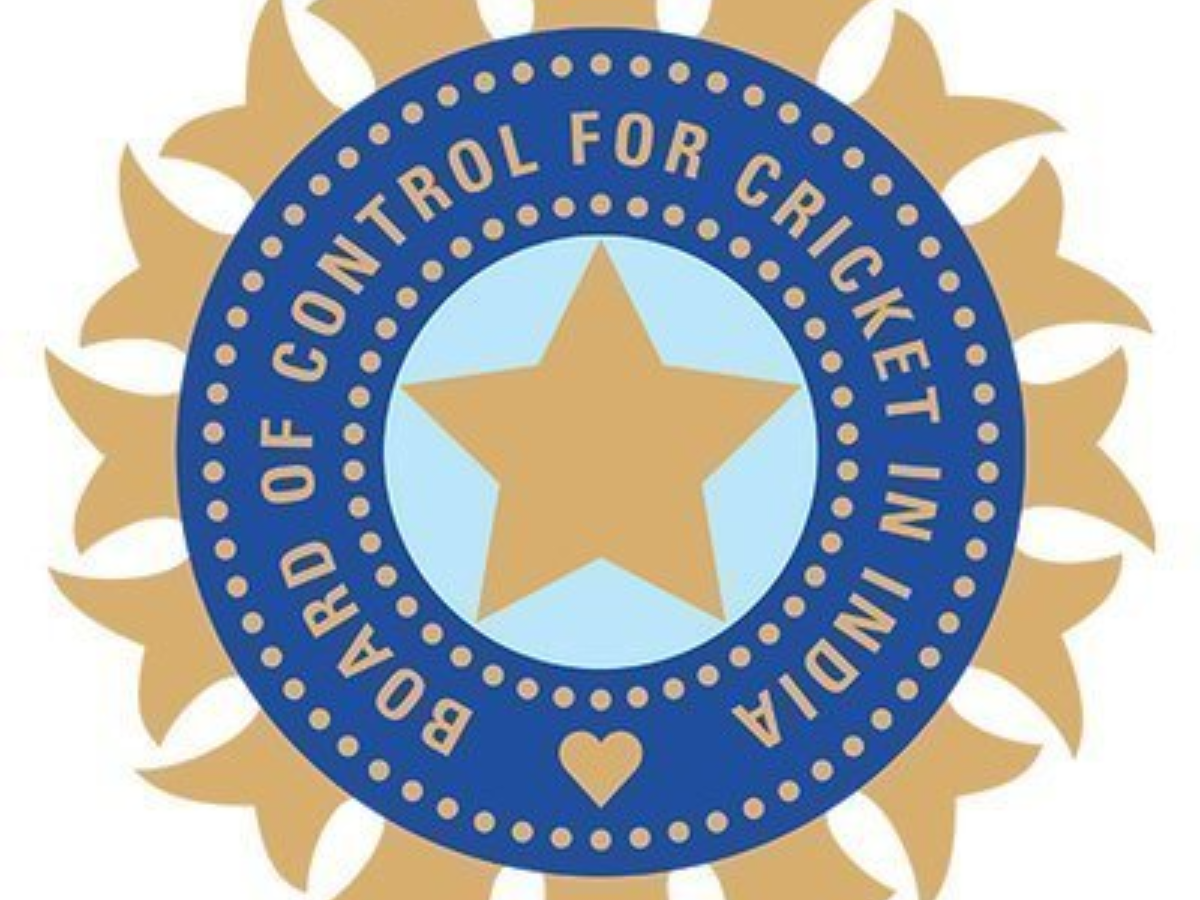On the third day of the Monsoon session of the Parliament, the National Sports Bill (Sports Governance Bill) was introduced in the Lok Sabha by Union Minister Mansukh Mandaviya and accorded assent via voice vote. The bill aims to bring the Indian cricket board, BCCI, under its purview along with the 45 National Sports Federations (NSFs).
The Bill is divided into eleven chapters with 38 sections that deal with the establishment of national sports governing bodies, boards, code of ethics, grievance redressal mechanism, privileges of boards and national sports tribunal.
Here’s a look at the salient features of the Bill that provides several aspects of sports administration, age cap of administrators and the grievance redressal system for athletes.
Salient Features Of The National Sports Bill (Sports Governance Bill)
- Establishment of The National Sports Governing Bodies – The bill comes with a promise to establish national sports governing bodies, which include the National Olympic Committee, the National Paralympic Committee, the National Sports Federation for each designated sport and a Regional Sports Federation for each designated sport. It says that there shall be only one National Olympic Committee and one National Paralympic Committee, each governing multi-sport disciplines.
- Composition Of National Sports Body – Each National Sports Body has a General Body, an Executive Committee, an Ethics Committee, a Dispute Resolution Committee, and an Athletes Committee. A President shall be the head of the concerned National Sports Body and shall preside over the meetings of its Executive Committee and the General Body.
- Qualification To Contest The Election For Sports Body – A person shall be qualified to contest for election for the executive committee if such person is a citizen of India and has attained at least twenty-five years of age. Other qualifications are also mentioned in the bill.
- Composition Of National Sports Board – The National Sports Board consists of a chairperson and such number of other Members as may be prescribed. The Chairperson and the Members shall be appointed by the Central Government on the recommendation of a search-cum-selection committee comprising such number of persons, having wide experience in public administration, sports administration and recipients of national sports awards.
- Power Of The National Sports Board – The board will have the power to grant recognition of sports organisations and registration of affiliate units and to suspend or cancel such recognition or registration. The board will maintain a register of the National Sports Bodies.
- Functions of National Sports Body – Each body will have to formulate a Code of Ethics for the members of its Executive Committee and other committees, employees, staff, sponsors, coaches, athletes, officials, members, affiliates and such other relevant persons, by the guidelines specified by the Board.
- National Sports Tribunal – The Central Government will constitute a National Sports Tribunal consisting of a chairperson and two other members, to provide for the independent, speedy, effective and cost-efficient disposal of sports-related disputes.
- Age and Tenure – The bill fixes the age and tenure limit. Three consecutive terms adding up to 12 years for the posts of President, Secretary General and Treasurer in sports bodies have been permitted. The age cap has been kept at 70, extending up to 75 at the time of nomination as per the international charter and statutes of the concerned sport.
- Sports Bodies Come Under Ambit Of RTI – A recognised sports organisation shall be considered as a public authority under the Right to Information Act, 2005.
ALSO READ: Roger Binny’s BCCI Future in Limbo Amid Age Cap and Incoming Sports Bill






